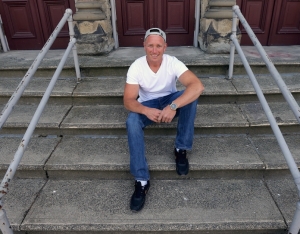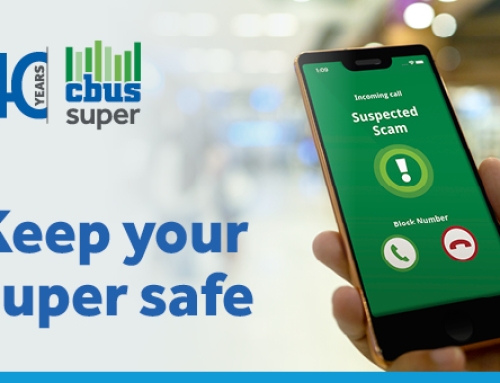A Victoria plumber who lost everything to drug addiction and both his brothers to drug overdoses told politicians on Monday why therapeutic recovery works.
Davin Holmes, 37, at the announcement of a proposed recovery program at the former youth-custody centre in View Royal, said a similar resident program in Nanaimo gave him the tools to change a life of self-destruction into self-development.
“I got a message from my daughter last night and she told me that I was the best father a little girl could ever ask for and I have that back in my life thanks to places like this,” said Holmes. “When you pick people up you change the way they see the world and I believe the therapeutic community did that for me.”
Holmes, physically fit and employed, is the antithesis of what he was when teenage drinking, smoking weed and ingesting drugs on Sointula, a small village on Malcolm Island, became addiction to opioids in Nanaimo and Courtenay.
He limited his drug use to weekends. But at age 28, Holmes tried the opioid percocet. “That was what took me out, for sure,” Holmes said. “That’s where the physical dependence of the drug kind of took over my life.”
Holmes moved from percocet to oxycodone to heroin. He started lying to his wife and spending a disproportionate amount of money on drugs.
“I had no idea how severe the addiction could be,” Holmes said. “There was a time there when they first hit the scene, doctors were writing prescriptions for everybody.”
Before long, he didn’t recognize himself.
“You think ‘this isn’t me’ — I hate people who lie, cheat and steal,” Holmes said. “Everything I hated in someone’s character, I became.”
“Opiates are hard to quit, they take over your life,” said Holmes.
“It doesn’t matter what kind of person you are … your brain will be re-wired and you will become addicted.”
His wife left with the couple’s two young children, he said. He left his job and stole to feed his habit.
“You’re stuck in this dark hole and feel like everybody who cares about you is leaving and turning their back on you,” said Holmes. “It’s a vicious cycle and getting out of it is extremely challenging.”
He decided to move Courtenay.
Holmes went to a treatment centre in 2012 and was sobre for two-and-a-half years. He was making good money, working in Fort. St John and Fort McMurray as a pipe fitter.
Then, on Nov. 5, 2014, Holmes’ younger brother, having just returned from working on a fishing boat, died after taking “shady 80s,” an OxyContin knockoff with fentanyl, while partying with friends in Nanaimo.
Holmes stayed off drugs until a memorial on a Courtenay beach with family and friends on what would have been his brother’s birthday, on May 19, 2015. Holmes returned home and used heroin.
“It was right away, instant,” he said of his addiction.
In a few months, he wasn’t working again, and was selling drugs. “Addiction has so much insanity surrounding it,” Holmes said.
He was caught trafficking fentanyl in spring 2016 and served 14 months, first at Wilkinson Road jail, where he continued to use drugs, and then the Nanaimo Correctional Centre where he volunteered for a therapeutic recovery program.
He spent 10 months at the 55-bed Guthrie House for Nanaimo Correctional Centre inmates with addictions, in a program similar to the one proposed for a therapeutic recovery community centre in View Royal.
While there, on Christmas Day 2016, his only remaining brother, 38, died of an overdose.
“Change is possible,” said Holmes. “It just takes a lot of hard work and consistency.”
Where treatment centres in the past failed, the therapeutic recovery method worked. It taught him to meditate, change his reaction to conflict, change what had become criminal thinking patterns, use peer support, and re-instilled in him a disciplined work ethic. “It is going to give people a new chance at life.”
Holmes now has the relationship he wanted with his children, lifts weights every day, eats well, hikes and goes fishing with new friends. “I want so much more out of life.”
He is a close friend with his former wife and is looking forward to helping others at the new therapeutic recovery community centre.
“No one wants that lifestyle, no one in addiction wants that for themselves and sometimes they just need a little jump start, to know somebody cares.”


